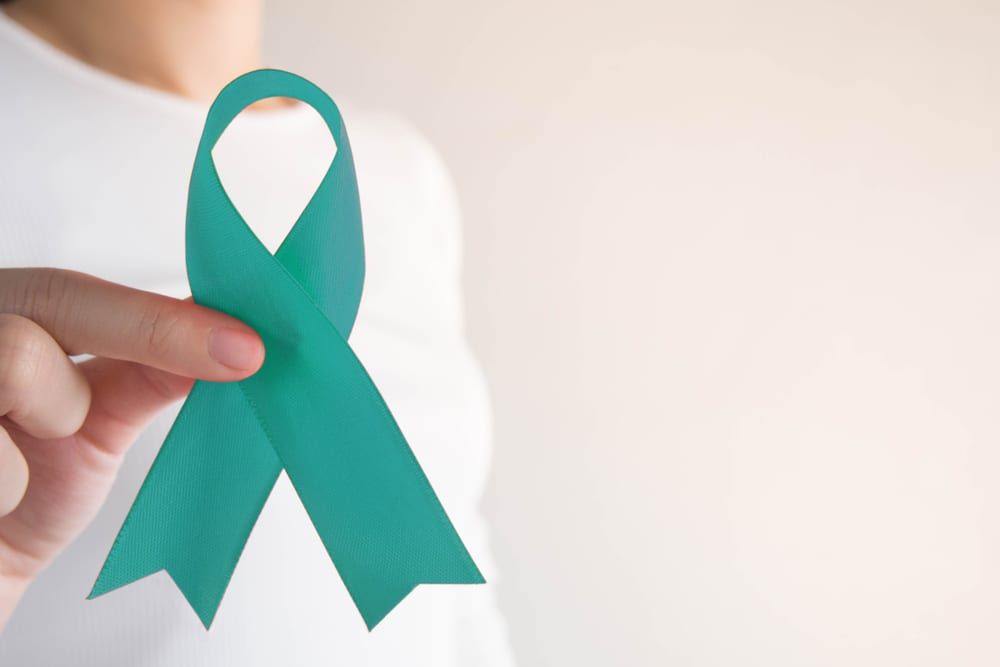Your uterus is a wonderful organ, making the creation of new human life possible. For all its wonder, it is also subject to diseases such as uterine cancer. Identification and elimination of this disease is critical in its early stages, as left untreated it can spread to the rectum, bladder, vagina, ovaries, or other organs throughout the body. Thankfully uterine cancer typically grows very slowly and is often identified before it progresses very far.
Am I At Risk For Uterine Cancer?
The most commonly occurring form of uterine cancer is known as endometrial cancer and is almost exclusively a concern for women over the age of 40. Of these women, there are factors that have been shown to increase their risk of developing this disease. Those who are most at risk are over 40 years of age and:
- Began menstruating early
- Suffer from obesity
- Experienced a late menopause
- Haven’t had children, or have had few children
- Have experienced irregular periods, infertility, or have had abnormal cells in the endometrium.
- Are genetically predisposed to it due to colorectal, endometrial, or breast cancer in the family.
Those who are treating breast cancer with tamoxifen have also been shown to have an increased risk of developing endometrial cancer.
What Can I Do To Prevent Endometrial Cancer?
While endometrial cancer cannot be actively prevented, there are steps you can take to reduce your risk of developing it. Women on birth control have been shown to have a lower risk of developing this condition. Lowering your weight, healthy eating, and staying active also play a role in reducing the possibility of developing this disease.
What Symptoms Indicate the Presence of Endometrial Cancer?
One of the reasons that receiving regular exams is vital to women’s health is diseases like endometrial cancer and cervical cancer. One thing that both these conditions share in common is that they don’t typically demonstrate any symptoms until they have spread beyond the uterus or cervix. The most common symptoms that can identify endometrial cancer are:
Abnormal Vaginal Bleeding
Heavy, irregular, or ongoing vaginal bleeding is considered abnormal in premenopausal women. Any bleeding that occurs in women who are postmenopausal is considered abnormal.
Vaginal Discharge
Foul-smelling, thick, water, pink, or brown discharge.
Uterus Enlargement
This is detectable during a uterine exam.
Unexpected Weight Loss
A common symptom of cancer
Weakness
Experienced in the legs, back, or lower abdomen, a sign cancer has spread
If you’ve noticed any of these symptoms, especially abnormal discharge or bleeding, it’s time to reach out to our clinic. While this form of cancer is uncommon in premenopausal women, it’s better to have it checked out if you have any concerns. Our team of women’s oncology experts will help set your mind at ease or help you develop a comprehensive plan of attack to fight your way back to health. Don’t wait until it’s too late, contact our offices to ensure your lasting gynecological health today!


